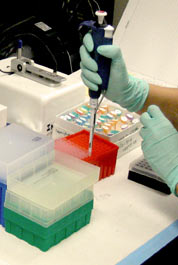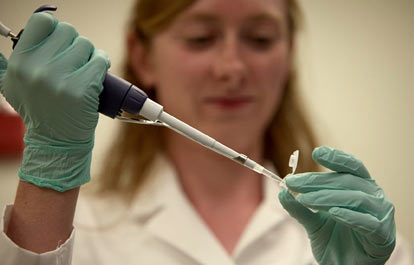

Scientific Lectures //
Genes, Brain and Behavior: Is There a Functional Frontal Fragility Condition?
Pietro Pietrini, M.D., Ph.D., Director; Full Professor of Clinical Biochemistry and Molecular Biology, University of Pisa
Presented: November 17, 2016
ABSTRACT: Human behavior is the resultant of instinctual/emotional factors on one hand and reason on the other. Free Will can be defined as the ability (to decide) not to act automatically in response to an impulse; that is, from a criminal law perspective, as the capacity to do otherwise. Overall, responsibility requires the integrity of multiple emotional, cognitive and behavioral abilities. We propose that these mental abilities may be significantly compromised due to a combination of neurobiological and environmental factors, even in individuals who are not affected by any behavioral variant of frontotemporal dementia (bvFTD). Indeed, allelic variants of gene involved in neurotramsitter metabolism, by modulating individual susceptibility to childhood aversive environmental factors, may increase the individuals likelyhood to develop behavioral dyscontrol as adults. Moreover, morphological and functional abnormalities often are found in frontal and limbic areas of antisocial individuals. Recently, we showed also that inhibition of automatic behavioral responses - that is, the ability to do otherwise - is compromised after prolonged sleep deprivation due to local sleep phenomena in frontal cortex. We conclude that the co-occurence of distinct neurobiological and environmental factors may result in some individuals in a condition that we name Functional Frontal Fragility. To what extent this may be relevant for the law is a matter of current debate, also in light of sentences in Italian Courts that have taken into account these novel neuroscientific findings.
To view this presentation please click here.

